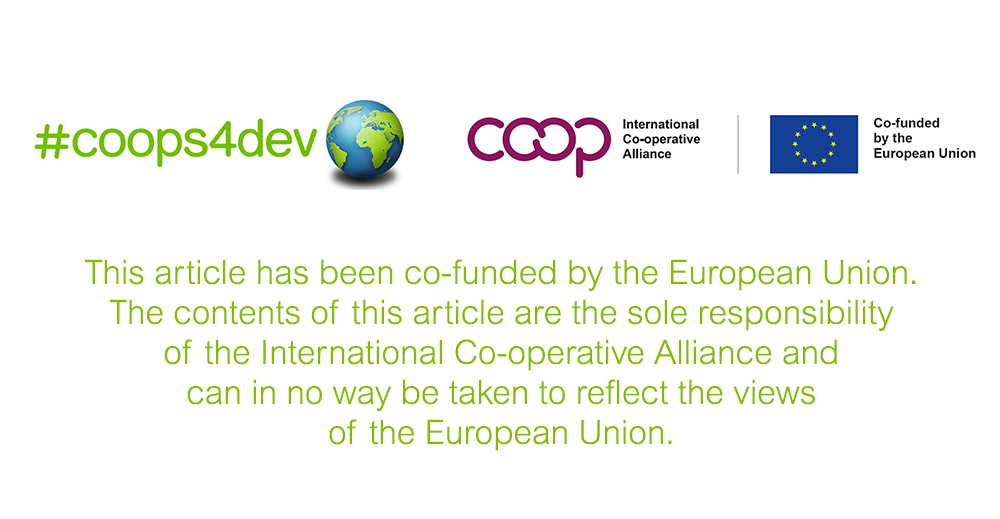
Elinor Ostrom (1933-2012) was the first woman to receive the Nobel Memorial Prize for Economic Sciences. The prize was awarded for Ostrom’s work that demonstrated how common property could be successfully managed by groups using it.
The Royal Swedish Academy of Sciences said that Ostrom’s research “brought this topic from the fringe to the forefront of scientific attention, by showing how common resources – forests, fisheries, oil fields of grazing lands – can be managed successfully by the people who use them rather than by governments or private companies.”
Her research also demonstrated that this method is economically and ecologically sustainable in the long term, challenging the assumption that prolonged shared use of these natural resources leads to over-exploitation and depletion. She produced case studies from countries around the world which proved the effectiveness of her approach, and many local communities and cooperatives, have jointly managed their natural resources successfully.
For example, The COPPALJ cooperative - Cooperativa dos pequenos produtores agroextravistas de Lago do Junco Ltda – in Maranhão, Brazil, that has been featured by the #coops4dev? documentary film project aroundtheworld.coop. This cooperative was founded in 1991 by the babaçu breaker women and smallholder farmers to keep collective control over the babaçu palms, guaranteeing the resource’s long-term sustainability.
Ostrom was particularly active in public debate on climate change advocating a multi-layered or polycentric approach. She argued that “we cannot rely on singular global policies to solve the problem of managing our common resources: The oceans, atmosphere, forests, waterways, and rich diversity of life that combine to create the right conditions for life, including seven billion humans, to thrive”. She backed climate action that used different strategies, synchronously implemented at the global, regional, national and local levels.
Ostrom’s ideas focus on the key role local communities play in achieving an economically, environmentally and socially sustainable economic system. Cooperatives, owned and operated by their members to reach common goals, will continue to meet Ostrom’s approach for caring for the natural resources and the planet.
Thank you, Elinor Ostrom!





